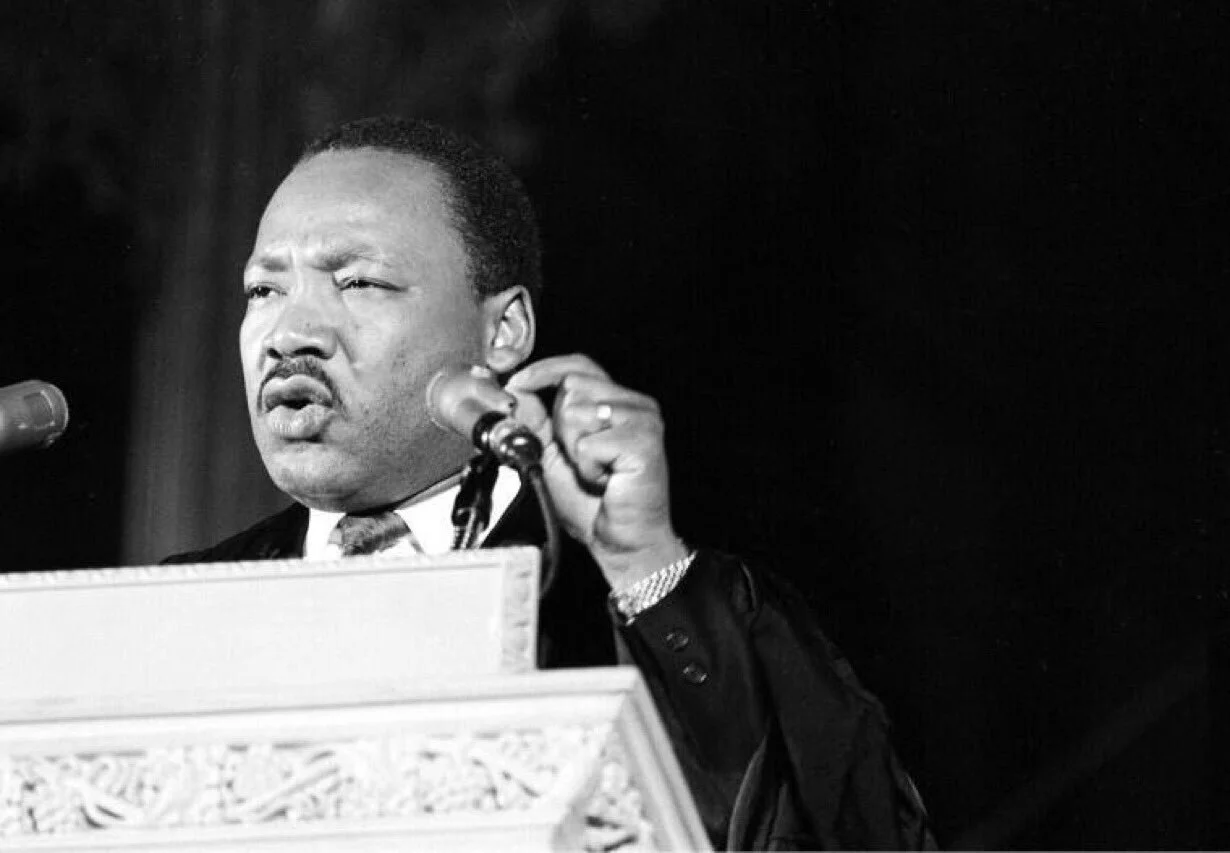H.B. 259’s health spending should be taken with a mixture of optimism and caution. Optimism, because the legislature has shown they can be convinced to make bipartisan decisions in the interest of the state, such as Medicaid expansion. Caution, because it took the state losing $5 billion federal dollars a year plus an extra signing bonus to reach that point. Optimism, as the bill makes historic investments in mental health and rural health infrastructure and workforce incentives. Caution, since these investments were made with one-time funding with no clear path to renewal in the context of aggressive tax cuts limiting future revenues.
Read More“In Minister Gallant’s comments about cutting off resources to Gaza, he contended, ‘We are fighting animals’ and ‘We will eliminate everything.’ This direct and explicit conflation between all Gazans and Hamas is deeply troubling and is an all-too-common tactic used to justify violence towards targeted groups.. . . As the crisis in Gaza grows more acute by the day, we in North Carolina, the UNC community, and the U.S. must push for an immediate ceasefire to all indiscriminate military operations”
Read More“H.B. 259 directly impacts personal finances, access to social services, and the economy and opportunities of the state. But, the budget is also an omnibus bill with broad policy changes in healthcare, education, government operations, environmental regulation, and more that directly impact all North Carolinians. H.B. 259 sets the guardrails for what the state can and cannot do in the next two years. Being informed will help residents understand and expect what is coming.”
Read MoreIt may seem like North Carolina is working harder than the devil to disenfranchise voters with one or multiple marginalized identities. Though when everything’s said and done, the efforts will backfire.
Read More“Free speech has and continues to play an essential role in higher education, yet recent political polarization has put a strain on the effort to maintain the essential divide between academic speech and public discourse.“
Read More“In diaspora communities, the journey to maintaining cultural ties is narrow and arduous. Distanced by oceans and borders, immigrant communities – especially second and third generation-descendants – are prone to frayed ties to home. Commonly, the only window to the culture of their mother lands is through static-filled Facetime videos and phone calls. However, UNC’s Asian groups are striving – and flawlessly succeeding – in providing a connection that transcends geography. Faced with such a flourishing, I had the honor of delving ‘behind the scenes’ of UNC Ek Taal, the University’s competitive Indian classical dance group.”
Read More“Whether Florida’s politicians like it or not, they have LGBTQ+ youth too. These youth should know that there are others like them. History is filled with exceptional LGBTQ+ icons. These people are role models, heroes, and worthy to be taught in schools.”
Read More“Extinction of the animals these groups care for will lead to their cultural extinction as well. The struggles that tribes in Changthang face are unfortunately echoed globally as climate change drastically impacts indigenous groups…The loss of practice does not seem as grave as the loss of history and legacy-a connection to the people who came before-the past and future gone. Without a connection to the traditions and knowledge of past generations, the longevity of tradition remains insecure.”
Read More“Derek Johnson asserted that Ahmaud Arbery’s story “shook the conscience of our nation and world.” Shake the world it did, as audiences watched in horror at the vicious confiscation of Arbery’s life by vigilantes disguised as neighbors. Buried within the pages of history are thousands of other Ahmaud Arberys; nameless victims of malicious assaults on humanity. Their deaths may not be digitized and ingrained in our minds like Ahamud’s, but their memories should nonetheless impel an upheaval of bigoted culture in America and the reconstruction of one less rooted in malevolency.”
Read More“Presentism’s endemic presence in democracy is indeed a reflection of its inherent presence in human nature. For this reason, many will argue that it is impossible to overcome without sacrificing any form of self-governance, but this defeatist critique belies a lack of imagination and ignorance of presentism’s true threat given the civilizational challenges we face.”
Read More“It is not just rappers like Dolph who often die before they reach old age. The premature deaths of pop artists across numerous genres is a phenomenon that has recently received more attention under an academic lens. Unfortunately, researchers have found that it is nothing new for pop artists to die young. However, some have noted that the ways in which they are dying are indeed unprecedented.”
Read More“Fifty-three years further along the arc Dr. King envisioned for America, has our nation yet come to the bend that leads to justice? Or Are the gains of racial justice since 1968 largely nominal? Most important -- regardless of how far we’ve come -- is will we, Americans, harness today’s ambition for racial equality and take action to effectuate the aspirations of civil rights conceived since Reconstruction but which millions of Black American have yet to experience?”
Read More“The first article of the Constitution of the Fifth Republic states: “France shall be an indivisible, secular, democratic and social Republic. It shall ensure the equality of all citizens before the law, without distinction of origin, race or religion.” However, during his 2012 presidential campaign, François Hollande promised to remove the word ‘race’ from the constitution. From Hollande’s point of view, race does not exist, and therefore should not be mentioned in any official text. While this may sound surprising to American ears, 33% of French citizens do not believe that race exists.”
Read More“Receding sea ice and melting permafrost in the Arctic are reshaping the security and economic landscape of the far north. New shipping lanes, previously un-navigable because of ice, could be available for commercial shipping year-round by 2030. While the Arctic Council has created a space for collaboration and exchange amongst Arctic states for the past 25 years, the potential for economic gain and unique national security concerns could erode cooperation and add a new dynamic to power competitions in the Arctic.”
Read MoreSPECIAL ESSAY - “Maybe you have seen Instagram posts highlighting the oppression of Uyghur Muslims or headlines criticizing Disney for shooting Mulan in Xinjiang. But who exactly are the Uyghurs, and why has their oppression led to calls for a United Nations crimes against humanity investigation?”
Read More














